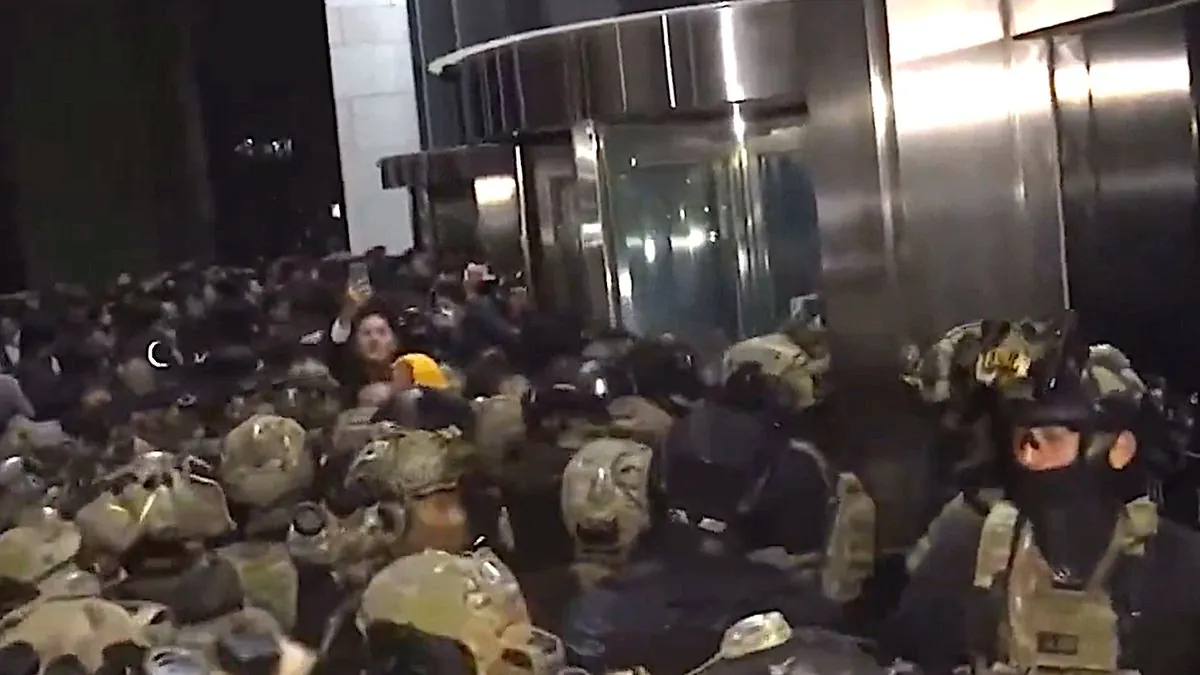South Korea's quick martial law drama leads to US democracy questions
South-Korean leaderʼs attempt to declare martial law gets fast pushback from parliament. This event brings up memories of similar US power-use cases from recent past

South-Koreas top official made a short-lived try at martial law which put armed forces near parliament buildings media outlets under state-control and paused basic rights. The nations lawmakers didnt take this move lightly — they fast-tracked measures to cancel it making the president back down
Looking at similar power-moves in the US Donald Trump showed how exec power can be mis-used in a democracy. During his time in office (about 4 years back) he brought up using emergency powers after losing the vote; plus he sent troops to handle street demos
The most well-known case happened in early-21 when Trump waited several hours before speaking to supporters who broke into Capitol building. This event — along with his other actions like suggesting martial law to keep power — made many think about how US democracy could face such tests
- Military use against protests
- Delayed response during Capitol events
- Talk of emergency powers post-election
These events from both nations show how fast things can change: even strong democratic systems need constant watch to stay working. The quick response in South Korea (where lawmakers stepped in right away) points to how important fast action is when facing such power grabs





























